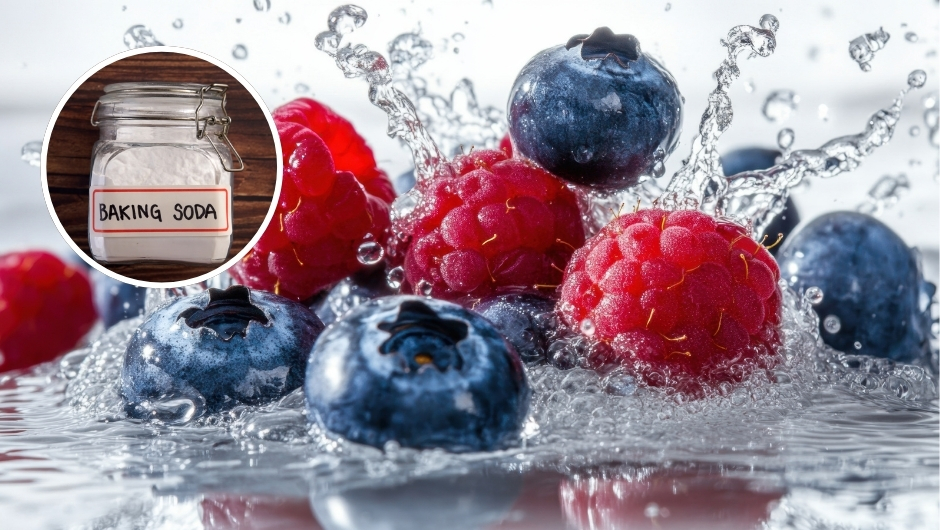How Baking Soda Removes Pesticides

Pesticides on fruits and vegetables are a common concern for health-conscious families. While washing with water or vinegar is common, studies show these methods often leave residues behind. Interestingly, baking soda (sodium bicarbonate) is emerging as a highly effective and affordable solution.
The Science Behind Baking Soda and Pesticide Removal
A 2017 study published in the Journal of Agricultural and Food Chemistry investigated the effectiveness of various washing methods on apples. Researchers tested apples coated with common pesticides: thiabendazole and phosmet. The results were remarkable:
- 12 minutes soaking in a baking soda solution (1 teaspoon in 2 cups of water) removed about 80% of surface thiabendazole.
- 15 minutes soaking removed up to 96% of surface phosmet.
- In comparison, washing with vinegar or plain water was significantly less effective.
The reason baking soda works so well is its alkaline nature, which can break down certain pesticide molecules and loosen residues stuck to the skin of produce such as apples, cucumbers, grapes, and peaches.
How to Use Baking Soda to Clean Produce
Here’s a simple, science-backed method you can use at home:
- Mix 1 teaspoon of baking soda with 2 cups of water in a clean bowl.
- Soak fruits and vegetables for 12–15 minutes.
- Rinse thoroughly with clean water to remove residues.
This method is safe, non-toxic, and inexpensive, making it ideal for everyday use.
Important Considerations
- Baking soda removes pesticides only from the surface. It cannot eliminate systemic pesticides that penetrate the skin.
- Always rinse produce after soaking to remove any remaining baking soda.
Why It Matters
Consuming fruits and vegetables with pesticide residues has been linked to long-term health risks, including hormonal disruptions and neurological issues. Using baking soda as a washing method significantly reduces exposure, making your meals safer and healthier.
Key Takeaway
Baking soda isn’t just for baking—it’s a scientifically proven, affordable, and effective way to clean your fruits and vegetables, protecting you and your family from harmful chemicals.